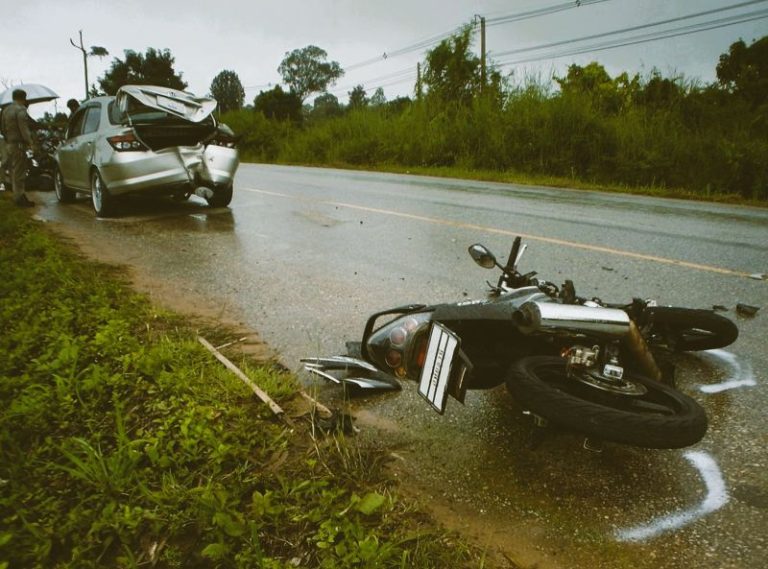

The sea is vast, and often there are times when all the eye can see is water. Getting injured during such a time can inflict panic and worry. While getting medical attention should be a priority, seeking assistance from a lawyer is also advised to understand how to claim the proper compensation.
While articles on the internet can help, contacting a competent legal organization like the Law Offices of Charles D. Naylor will result in getting the required professional services and thorough assistance until the claim has been settled. Maritime personal injury laws may seem complex. However, with tailored assistance from seasoned lawyers, one can settle a claim hassle-free. This article explores five must-know things about maritime personal injury law from the chambers of seasoned professionals.
5 Maritime Personal Injury Facts To Know About
- Personal Injury and Maritime Law are different
Personal law holds someone (a person or a company) liable for an accident or injury(ies) caused. Whereas when it comes to maritime law, there’s a collection of case laws and precedents. These are used to take legal action for a claim. Both types of dealings are different and call for specialized expertise and experience.
Moreover, it is worth noting that for maritime claims, handling cases is sensitive as multiple layers of information are involved, making it crucial to work with a specialized lawyer.
- There are legal options for seamen not covered under compensation laws
In California and some other states, seamen are not covered under standard compensation law. It is essential to know the type of compensation you can get per maritime law.
- Compensation through the Jones Act: As per the 46 U.S. Code §30104, an injured seaman is liable to receive a compensatory claim if they can prove that the inflicted injuries were a result of negligence from the employer’s side.
- Compensation for Unseaworthiness: Under the common law doctrine of unseaworthiness, if an injured seaman can prove that the vessel and its owner were at fault for the injuries caused, they are liable to receive a compensation claim.
- Compensation in the form of maintenance and treatment: Maintenance and cure ensure an injured seaman can recover the medical cost of treatment and lost wages from the employer.
- Proving the injury to avail Maritime law benefits
Getting compensation for the inflicted injury ensures justice and helps support the family while you are in the recovery phase. It becomes even more important if you have suffered injuries that permanently limit your ability to do the same job again. Here are essential steps to take immediately:
- Report the injury at the earliest: The sooner your injury gets documented, the easier it will be during the claim compensation. Any delays can be interpreted in favor of the employer. The difference between the cause of the injury and when it was reported can raise doubts. Be sure to be thorough with details while reporting.
- Collect evidence of the injury: Evidence always strengthens your case. Here are some pieces of evidence you must collect when filing a claim.
- Testimony from people present at the accident site or familiar with the working conditions of the site.
- Any photographic or video graphics evidence
- Your medical records
- Testimony (written or video) of an expert who has inspected the accident site for safety concerns
- Bills and receipts related to medical expenses prove the extent of the injury.
- Hire a maritime lawyer: An injury can be taxing, regardless of the extent. Having to worry about compensation claim settlement constantly can be a massive headache. This is where hiring a maritime lawyer will be of benefit.
4. Maritime injuries to be aware of
While at sea, you can be open to various types of injuries. Some commonly reported injuries are:
- Eye injuries
- Hand and foot injury
- Cancer
- Injuries from falls or slipping
- Head and back injuries
- Amputation
5. Family has the right to receive compensation
In an unfortunate event where a seaman loses their life, the deceased’s family has the right to receive compensation. Ensuring a place is safe to work for employees is every employer’s responsibility; the lack of such must be dealt with legally. Under the Death Under the High Seas Act (DOHSA), the family of the deceased seaman will receive a claim from the employer. However, for this, the family should be able to prove that the employer was at fault for the accident leading to the unfortunate relative’s death.
Maritime claim compensation doesn’t have to be a nightmare. With law firms such as Law Offices of Charles D. Naylor working round the clock with sailors and their families to settle compensation claims, rest assured you can recover from your injuries at your own pace while they care for matters.


